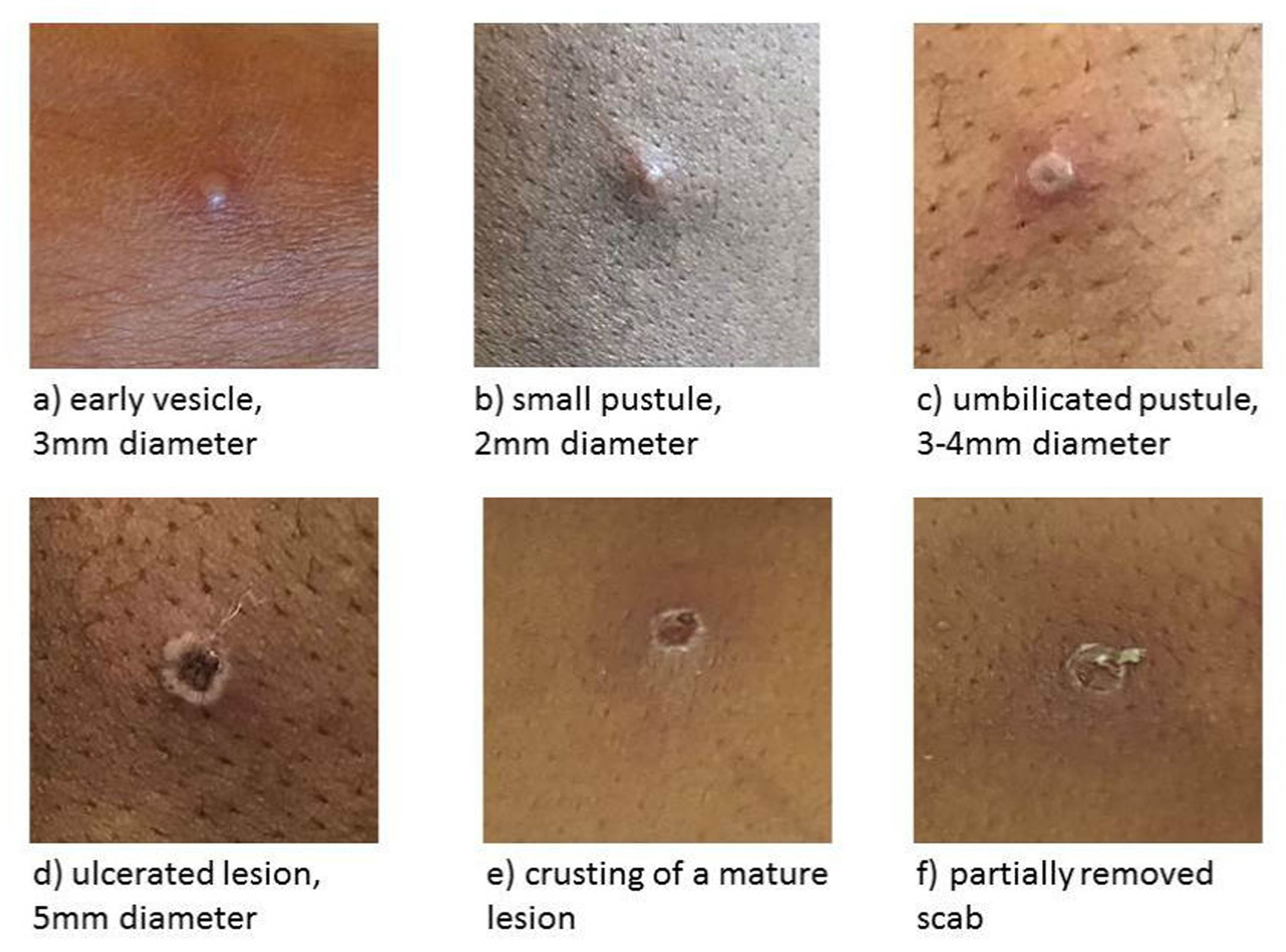
Monkeypox cases have almost tripled in Britain as health officials in Europe warn the disease could become endemic on the continent.
A further 36 cases were confirmed in England on Monday – up from 20 on Friday – the UK Health Security Agency (UKHSA) said, as the virus continued to spread globally. Scotland also confirmed its first case.
Dr Susan Hopkins, the agency’s chief medical adviser, urged people to be aware of any unusual rashes or lesions and to contact a sexual health service if they have any symptoms.
“Thank you to everyone who has come forward for testing already and supported our contact tracing efforts – you are helping us limit the spread of this infection in the UK,” she said.
UKHSA said it has purchased supplies of a “safe” smallpox vaccine and this is being offered to those who have had close contact with someone diagnosed with monkeypox. Those who are considered at high risk following exposure have been advised to isolate at home for up to 21 days.
The public health authority confirmed 1,000 doses of the vaccine Imvanex have been issued or are in the process of being issued to NHS trusts. It said there are more than 3,500 doses of Imvanex currently in the UK.
The news comes as the European Centre for Disease Prevention and Control (ECDC) said EU countries should review their small pox vaccine availability and update their contract tracing systems as a total of 85 cases of monkeypox across eight EU countries had been identified.

It also said a failure to prevent the disease spreading back from humans to wildlife could also result in it becoming endemic in Europe.
The ECDC’s statement said monkeypox viruses can cause severe disease in certain groups, such as young children, pregnant women and immunosuppressed people but added “further investigations are needed to accurately estimate the level of morbidity and mortality in this outbreak”.
It added: “If human to animal transmission occurs, and the virus spreads in an animal population, there is a risk that the disease could become endemic in Europe.
“As such, there needs to be a close inter-sectoral collaboration between human and veterinary public health authorities to manage exposed pets and prevent the disease from being transmitted to wildlife.”
However it said the probability of a “spillover” into the animal population in Europe is very low.

Monkeypox is spread through close contact between people who can become infected through air droplets, contact with the lesions on someone infected.
Dr David Heymann, who formerly headed the World Health Organisation’s (WHO) emergencies department, told the Associated Press the leading theory to explain the spread of the disease was sexual transmission at events held in Spain and Belgium.
“We know monkeypox can spread when there is close contact with the lesions of someone who is infected, and it looks like sexual contact has now amplified that transmission,” Dr Heymann said.
A notable number of cases in the UK and Europe have so far been identified in gay, bisexual and men who have sex with men, however, there is no evidence that monkeypox is specifically a sexually transmitted disease. It was reported that one child was being treated in intensive care with the disease.







